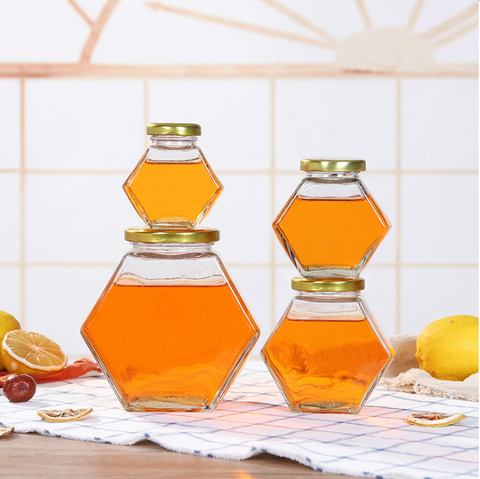Type 2 diabetes, commonly referred to as type 2 diabetes mellitus, requires special attention to diet for patients, and mooncakes are usually not an appropriate choice for them. As a long-term metabolic issue, the causes of type 2 diabetes are diverse, with genetic background, obesity, and poor dietary habits being potential triggers. Patients may experience symptoms such as frequent thirst, frequent urination, increased appetite, weight loss, and easy fatigue.
Mooncakes, as traditional festive foods, are rich in calories, with main ingredients including flour, sugar, and cooking oil, which means their sugar and starch content should not be underestimated. Given that patients with type 2 diabetes need to strictly control their intake of sugar and starch to stabilize blood sugar levels, the high sugar and starch characteristics of mooncakes conflict with this requirement, potentially adversely affecting blood sugar management and threatening health.
In the face of type 2 diabetes, timely medical intervention is crucial. Doctors may prescribe medications such as metformin sustained-release tablets, acarbose tablets, and glimepiride tablets to help control the condition. Additionally, adjusting daily dietary habits is also a key aspect of managing diabetes, with recommendations for patients to reduce their intake of high-starch foods, which include common staples like rice, steamed buns, and noodles, as well as mooncakes. In contrast, fiber-rich vegetables such as cucumbers, tomatoes, lettuce, and celery are more suitable for moderate consumption by diabetes patients and can help maintain stable blood sugar levels.


